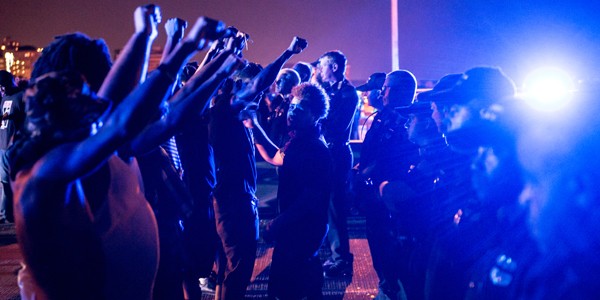 Brandon Dill
Brandon Dill
Protesters and police officers face off during the 2016 Hernando de Soto bridge protest
The city has submitted proposed modifications to the 1978 Kendrick consent decree on police surveillance and the court is asking for public comment on the changes.
U.S. District Judge Jon McCalla ruled in October 2018 that the Memphis Police Department (MPD) violated several areas of the decree, including intercepting electronic communications, using a fake Facebook profile of “Bob Smith” to learn of activists’ activities, and failing to properly inform officers of the parameters of the 1978 ruling.
McCalla’s ruling also mandated the creation of a court-appointed monitoring team to track MPD’s progress and adherence to the decree. Since then the monitoring team headed by Ed Stanton III has been working with the city and police department to create new policies and procedures related to the decree.
Last week, the city filed a notice to the court which included proposed modifications to the decree. The court is giving the public until May 4th to submit comments on the city’s proposals.
The filing only seeks to change one section of the decree. The modification would allow the MPD director to designate officers to approve investigations that might interfere with the exercise of First Amendment rights, as long as the designees receive regular training on the consent decree and the director periodically reviews the designees’ work.
The current language of the decree only allows for the MPD director to authorize such investigations.
The meat of the filing is in the 17 addendum items or “clarifications” that the city looks to add the consent decree. The city notes that “the parties generally have a common understanding on certain areas of permissible conduct under the consent decree.” Therefore, these stipulations do not require an actual modification of the decree, the filing said.
A few examples from the addendum items include:
• MPD is allowed to gather intelligence on upcoming events via social media, but should delete the intelligence if there is no “criminal law reason” to keep it.
• MPD may use undercover accounts to solve crimes, but cannot employ accounts like the “Bob Smith” account, which was largely used to gather information about protests and its participants. MPD will implement tighter regulation and control of undercover accounts.
• With authorization from the MPD director, officers can conduct long-running investigations that could intersect with First Amendment activity, including those that require an online undercover presence.
• MPD may receive and share information with other law enforcement agencies as long as MPD does not use another agency to what it is not allowed to do under the consent decree
• Gang activity is not protected by the First Amendment or consent decree.
• The structure of the Multi-Agency Gang unit does not violate the consent decree.
[pdf-1]
In September of last year, the city moved to “significantly modify” the 1978 Kendrick consent decree, filing a sealed motion with the court. The city argued that the decree “unduly burdens legitimate investigative activities and creates restrictions that are unnecessary for the protection of First Amendment rights,” according to court documents that were unsealed in November.
The city said the consent decree prohibits MPD from “using other agencies or persons as ‘surrogates’ to do indirectly what it could not do directly,” preventing coordination between law enforcement agencies.
Specifically, the city said the consent decree has a “detrimental effect” on the city’s participation in the Joint Terrorism Task Force, the Tennessee Fusion Center, the Multi-Agency Gang Unit, and CrimeStoppers. It also prevents sharing and receiving intelligence with federal agencies and the Shelby County Sheriff’s Department, the city said.
McCalla denied the city’s motion, writing that modifying the decree in that way would “eviscerate the core goals of the Kendrick consent decree.”
Continuing, McCalla said any modification to the decree would need to be “carefully crafted after a thorough review of evidence and a finding of sufficiently changed circumstances compel a modification.”
A trial on the proposed modifications is set for June 17th. Then, the court will review all of the information it’s received and make a decision on if the consent decree should be modified and if so, what changes should be made.

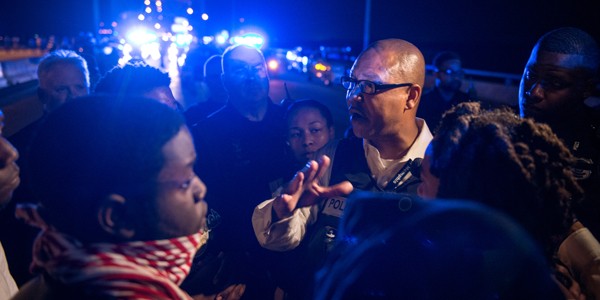 Brandon Dill
Brandon Dill  Brandon Dill
Brandon Dill 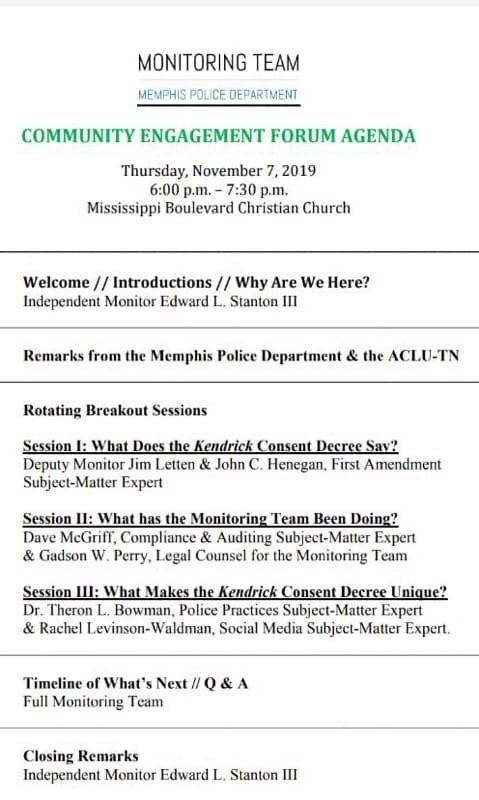
 Brandon Dill
Brandon Dill  Brandon Dill
Brandon Dill 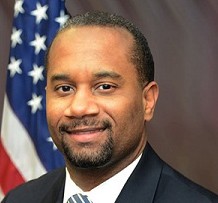
 Brandon Dill
Brandon Dill 
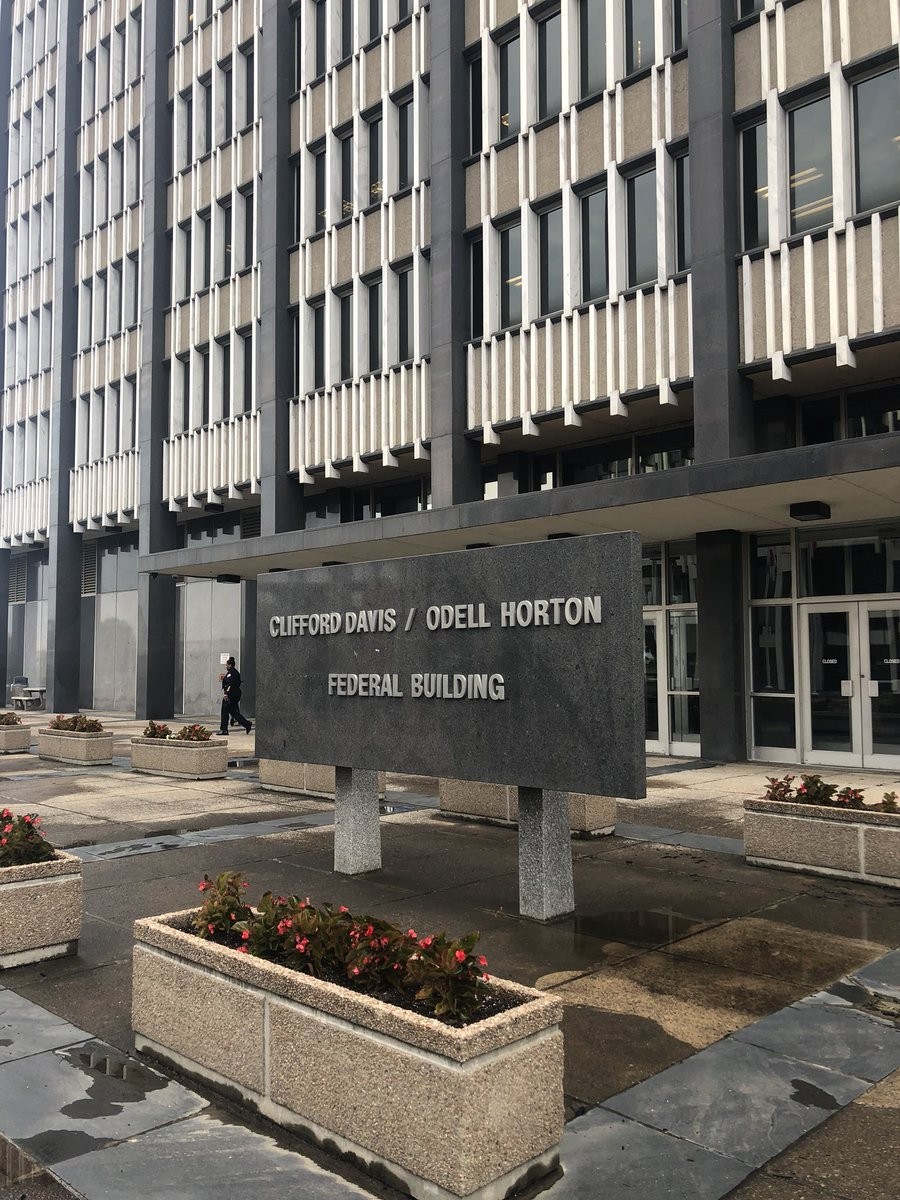
 Brandon Dill
Brandon Dill